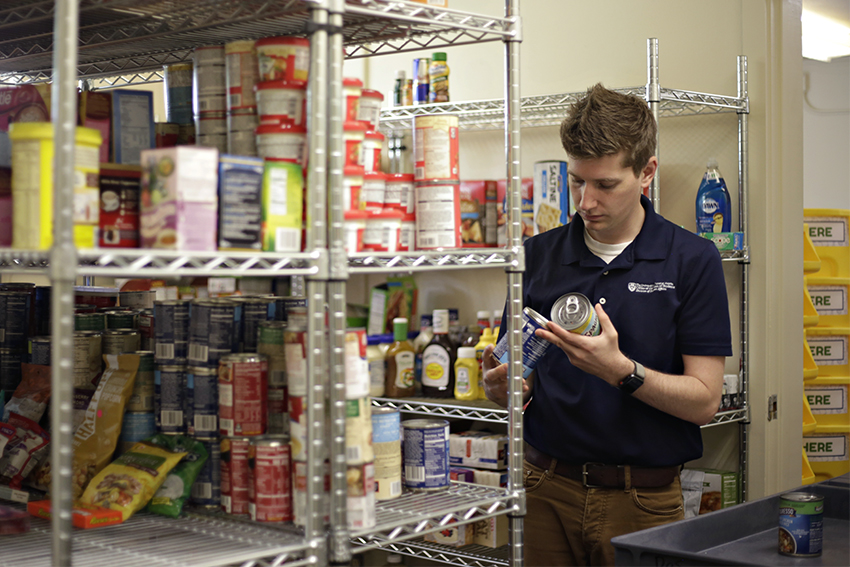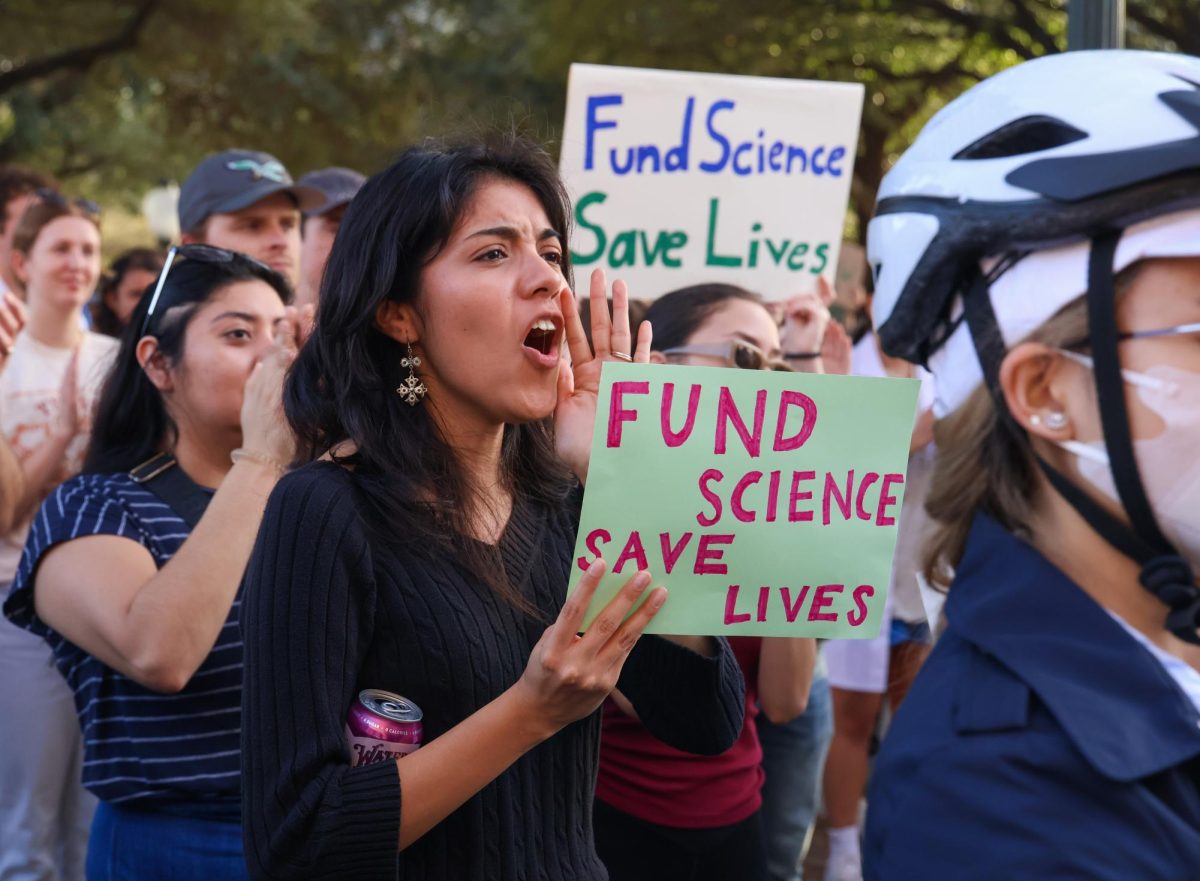A $108,000 grant meant to support food-insecure students in Austin is likely to be renewed at upcoming City Council meetings later this month and will last through the next fiscal year.
The College Food Access Grant, a collaboration between Austin Public Health and the Central Texas Food Bank, provides mini-grants to universities, colleges and student-led organizations that help food-insecure college students.
Established in 2021 with an initial budget of $50,000, the grant’s funding was doubled last year following a passed amendment by City Council Member Zohaib “Zo” Qadri, who represents the University area. The grant will be reviewed during the city budget meetings between Aug. 14 and Aug. 16. If there are no objections, the funding will be extended through March 31, 2025.
Qadri said this initiative is important because food availability on college campuses throughout Austin is lacking.
“As someone who represents UT, and someone who went to UT … food access is and was a huge problem,“ Qadri said. “It was extremely important that we do right and help our student population.”
The UT Outpost, a free on-campus food pantry, is one of the grant’s recipient programs. In the first year, the University received $14,200 from the grant, and the $9,000 allocated to the school’s food pantries paid for operational needs and provided fresh food to students. Valeria Martin, Assistant Director of Basic Needs at the Outpost, said there is an ongoing challenge of food availability for students on and near campus.
“We serve, on average, 300 students a week during the semester,” Martin said. “We find that a majority of our students are off-campus students … so with that, we know that we are serving that population of students that often do live in food desert areas.”
A 2022 survey by UT’s Food Insecurity Action Team reported that 32% of UT students experienced food insecurity. Last fall, the National College Health Assessment survey administered by Healthyhorns found this figure increased to 43.7%. In response to the growing demand for food resources, the College Student Commission, an advisory body to the City Council, recommended and was granted a budget increase to $107,500 for the program.
“We made that recommendation because the usage of the food pantries on all campuses was higher than anticipated, at least the campuses that we surveyed,” said Charles Mossberger, the College Student Commission’s interim chair. “We know that a lot of students on St. Edward’s campus (for example) rely on that program for knowing where their next meal is going to come from.”
As the College Food Access Grant faces renewal, more programs were proposed to address food insecurity in Travis County. A similar grant for neighborhood food-access resources was included in the Community Investment Budget, a list of recommendations addressing issues of disparity in the city that over 40 local organizations have endorsed. This funding allows donation-based food programs like the UT Outpost to help students facing food insecurity.
“My hope is that as long as there is a need, we will continue to have that outgoing funding,” Qadri said. “And if anything, my hope would be to even increase it to make sure that we’re adequately addressing every student and that no student is being left behind.”














